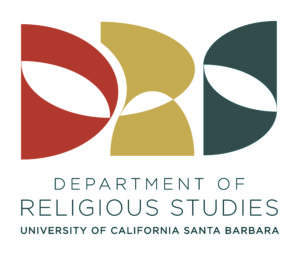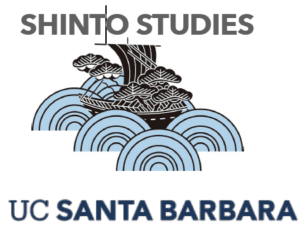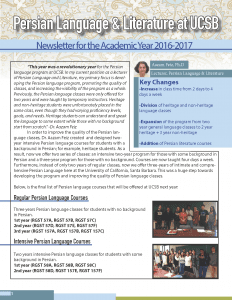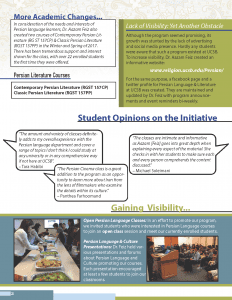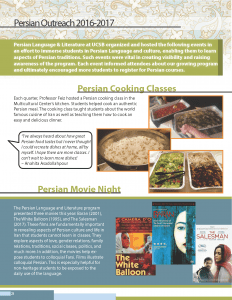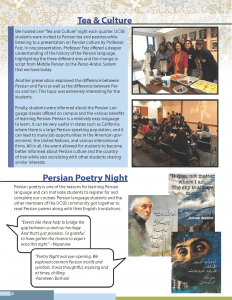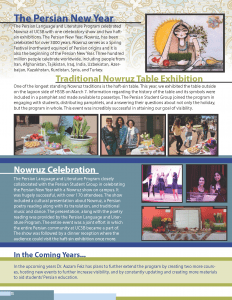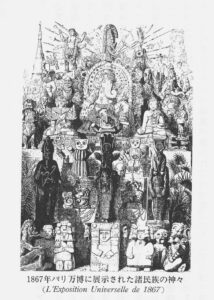
In Japan, the term “animism” is used with positive connotations as a way to describe widespread forms of Japanese religiosity and, to an extent, Japanese cultural identity. In this workshop, scholars from Japan explore some contemporary cultural formations defined in Japan as expressions of “animism” also in conversation with UCSB scholars.
FREE AND OPEN TO ALL
Part of the celebrations for the 60th anniversary of the establishment of the Department of Religious Studies at the University of California, Santa Barbara.
PARTICIPANTS
Ranjani Atur
Assistant professor of ancient Greek religion at the University of Minnesota, Twin Cities. Her research centers on Ancient Greek religious experience, affect, and belief, particularly as mediated by sacred objects (e.g., statues of gods) and sacred spaces.
Rudy Busto
Associate professor of Religious Studies at UCSB. Focuses on religion in North America through forms of alterity; his work on, among other things, U.S. Latinx religion; Asian American religious traditions; constructions of indigeneity; evangelical Christianity; and religion and science fiction.
Thomas Carlson
Professor of Religious Studies and Founding Director, International Center for the Humanities and Social Change, UCSB. His areas of research and teaching include religion and modern philosophy; the history of Christian thought and culture; and religion, modernity, and post-modernity.
William Elison
Associate professor of Religious Studies at UCSB. Urban ethnographer and historian of South Asian religions (contemporary Hinduism by non-elite people), is also interested on the materiality of religion and film studies.
Kikuko Hirafuji
Professor of Mythology and Religious History in the Department of Shinto Studies at Kokugakuin University (Tokyo). Her research interests include the study of Japanese representations of gods and the discourses surrounding the gods and mythology, including animism.
Bon Koizumi
Director of the Lafcadio Hearn Memorial Museum in Matsue and professor emeritus at the University of Shimane. His specialty is folklore. He has been involved in practical activities to utilize Koizumi Yakumo (a.k.a. Lafcadio Hearn), Yōkai (ghosts), and ghost stories for regional development, and projects to apply Koizumi Yakumo’s philosophy of “Open Mind” to contemporary issues in places associated with him around the world. He is the great-grandson of Koizumi Yakumo.
Kazuo Matsumura
Professor emeritus at Wako University, Tokyo. His research interests include comparative mythology, history of religions, and Japanese mythology.
Chihiro Minato
Professor of Media Art in the Department of Information Design and the Art Anthropology Institute at Tama Art University. His recent works include a photographic survey of Jōmon pottery and an archive project of prehistoric design by northeastern Asian peoples.
Claudia Moser
Associate professor of Art History, UCSB. Studies the material culture and archaeological record of Roman religion in a multidisciplinary conversation with art history, classics, anthropology, religious studies, economics, and cognitive science.
Fabio Rambelli
Distinguished Professor of Japanese religions and cultural history and holder of the International Shinto Foundation chair in Shinto Studies (Religious Studies and East Asian Languages and Cultural Studies, UCSB). He works on the interactions of Buddhism with local cults and the history of Shinto in Japan, at the intersection between doctrinal discourses, rituals, and everyday practices—including music (Gagaku) and the performing arts.
Amit Shilo
Associate professor, Department of Classics (UCSB). He works on ethics and politics in connection to polytheism in ancient Greece.
Christine Thomas
Professor of early Christianity and religions of the Roman Empire and holder of the Cordano Endowed Chair in Catholic Studies (Religious Studies, UCSB) and director of the Ancient Mediterranean Studies Program. Her recent research focuses on theoretical issues surrounding the use of archaeological evidence for the study of religion; material aspects of religion in the Roman Empire (spaces, objects, practices); and the urban context of early Christianity.
SPONSORS
Research Center for Advanced Science and Technology Open Laboratory for Emergence Strategies (ROLES), The University of Tokyo
Kokugakuin University (Tokyo)
UCSB Cordano Chair in Catholic Studies
UCSB Shinto Studies Chair
UCSB Department of Religious Studies

